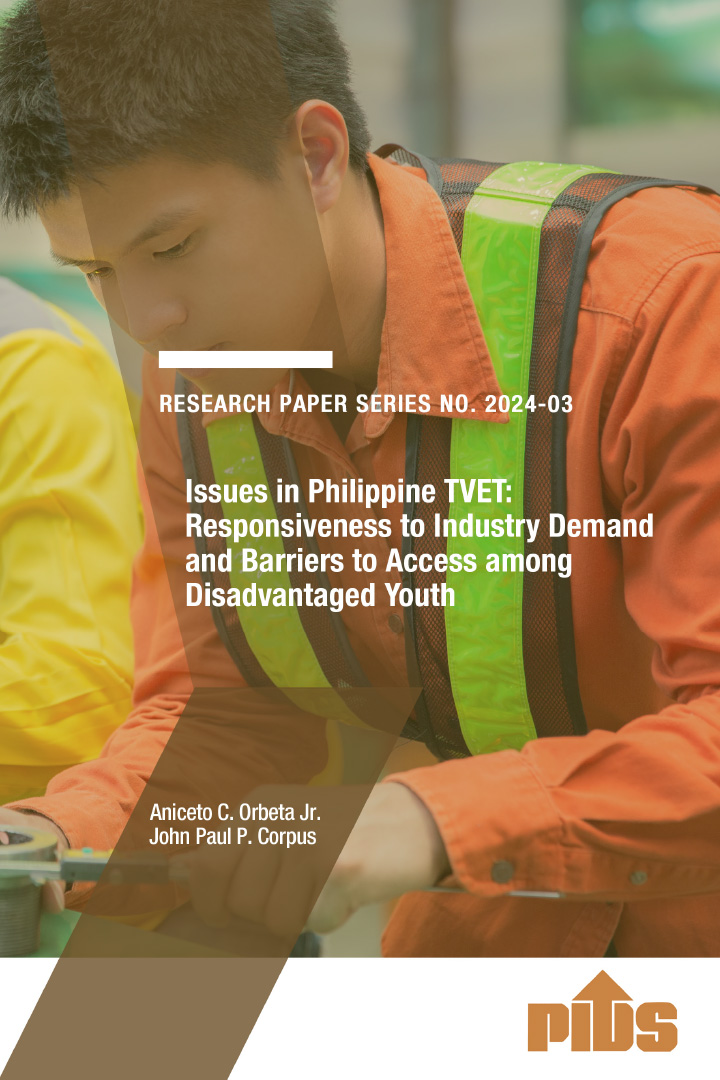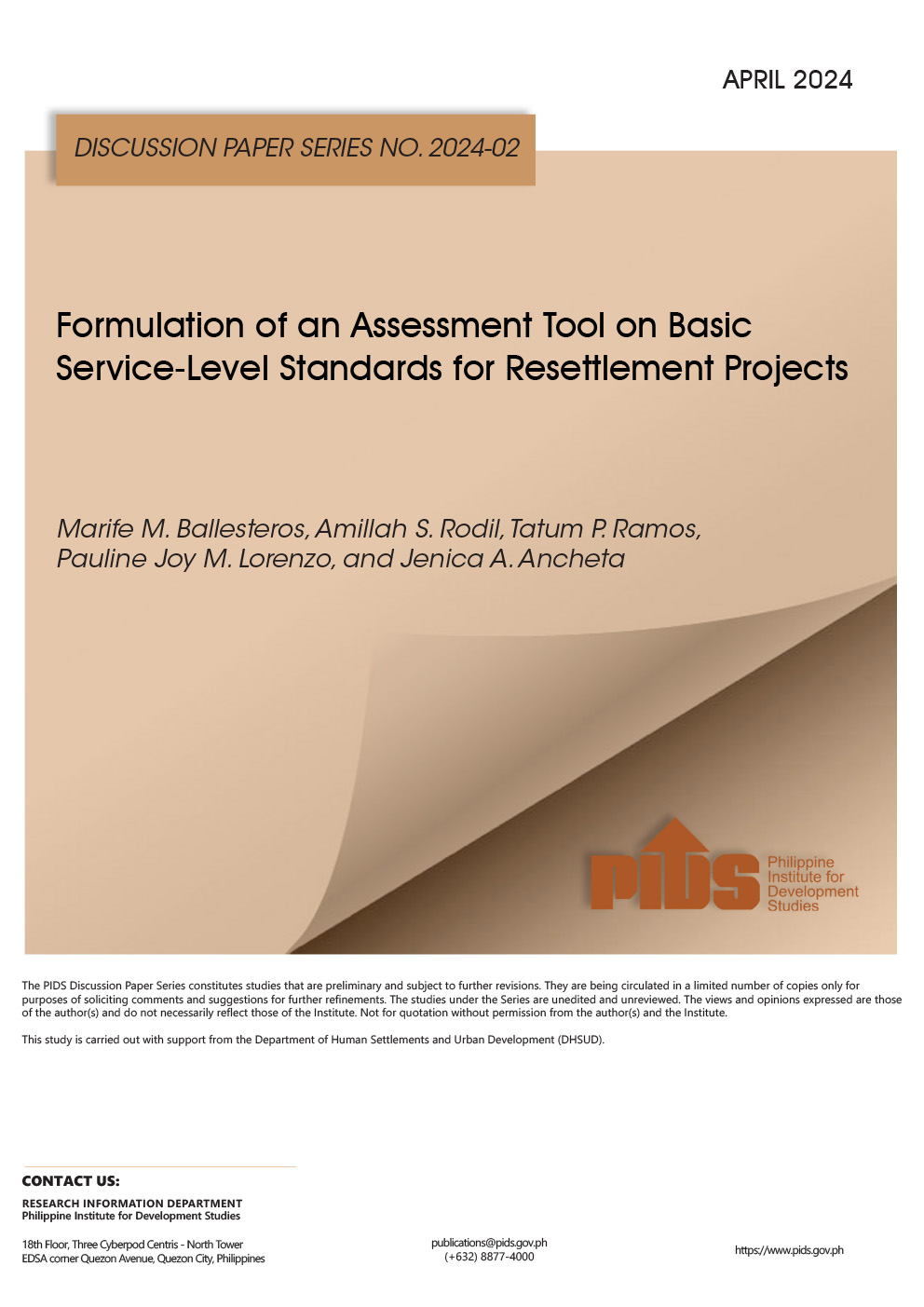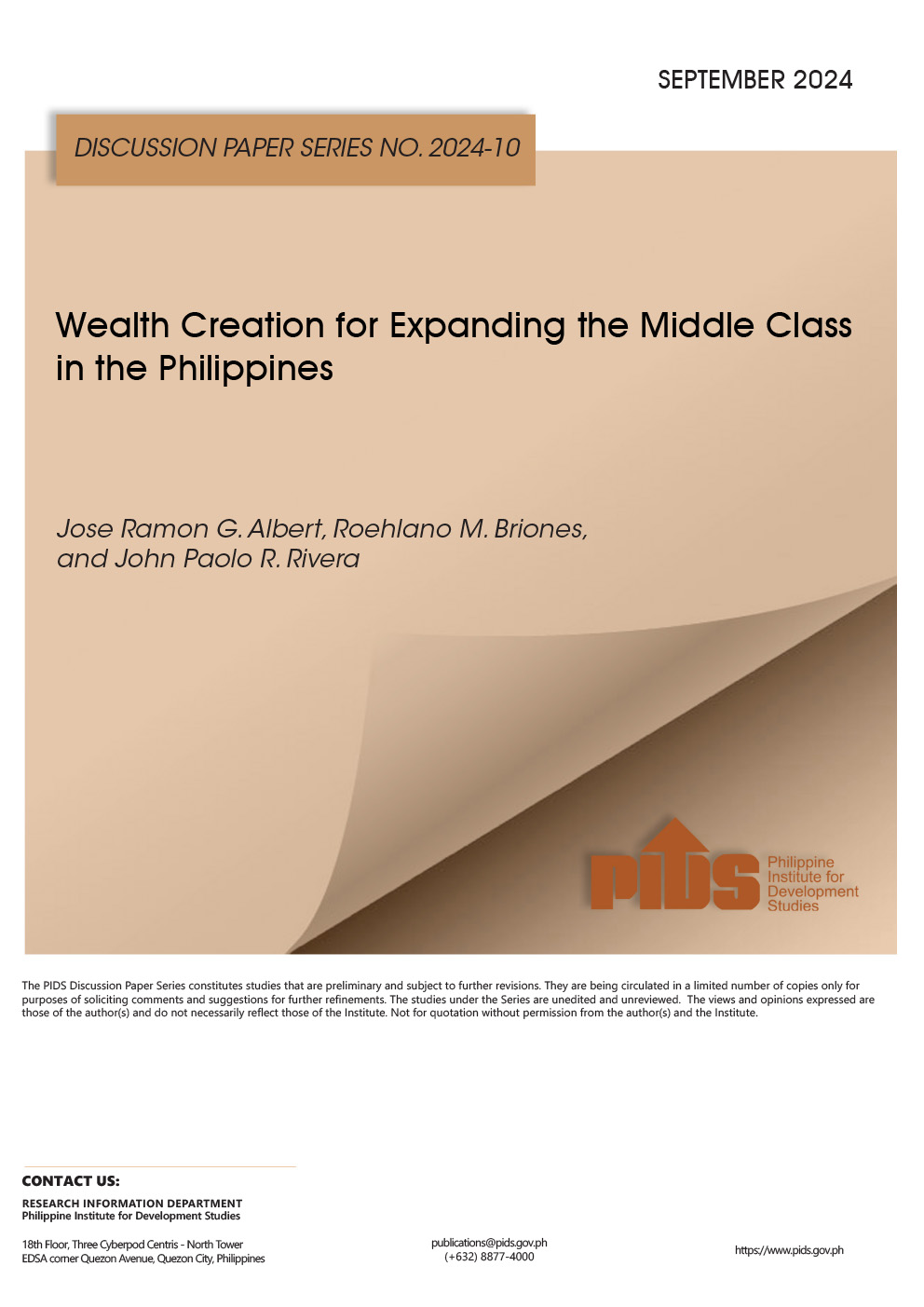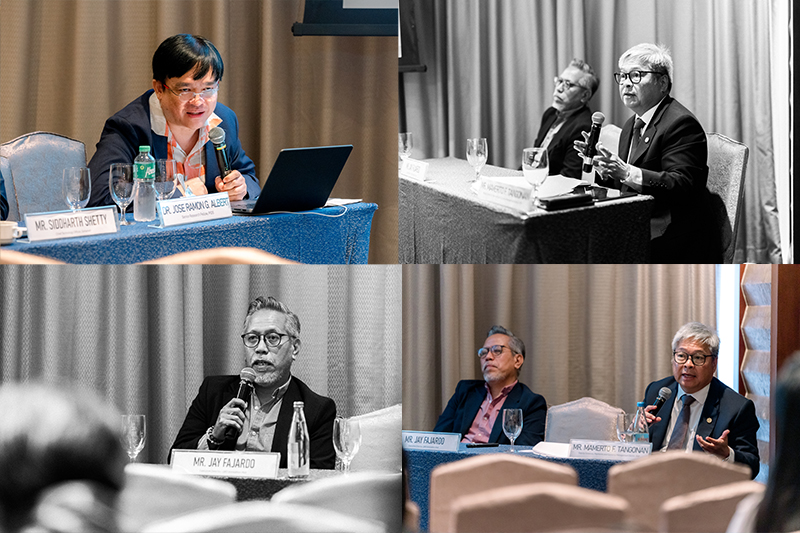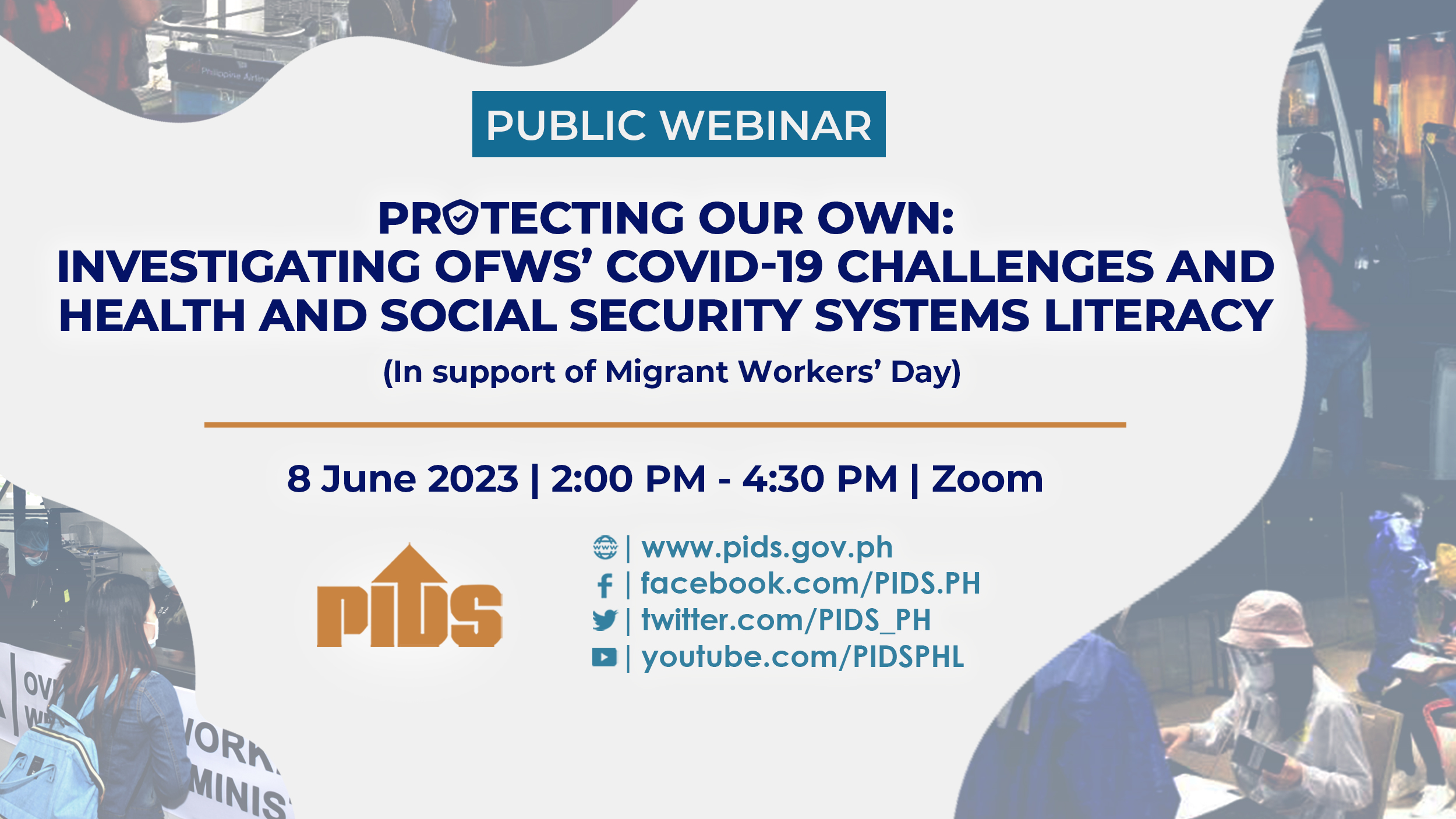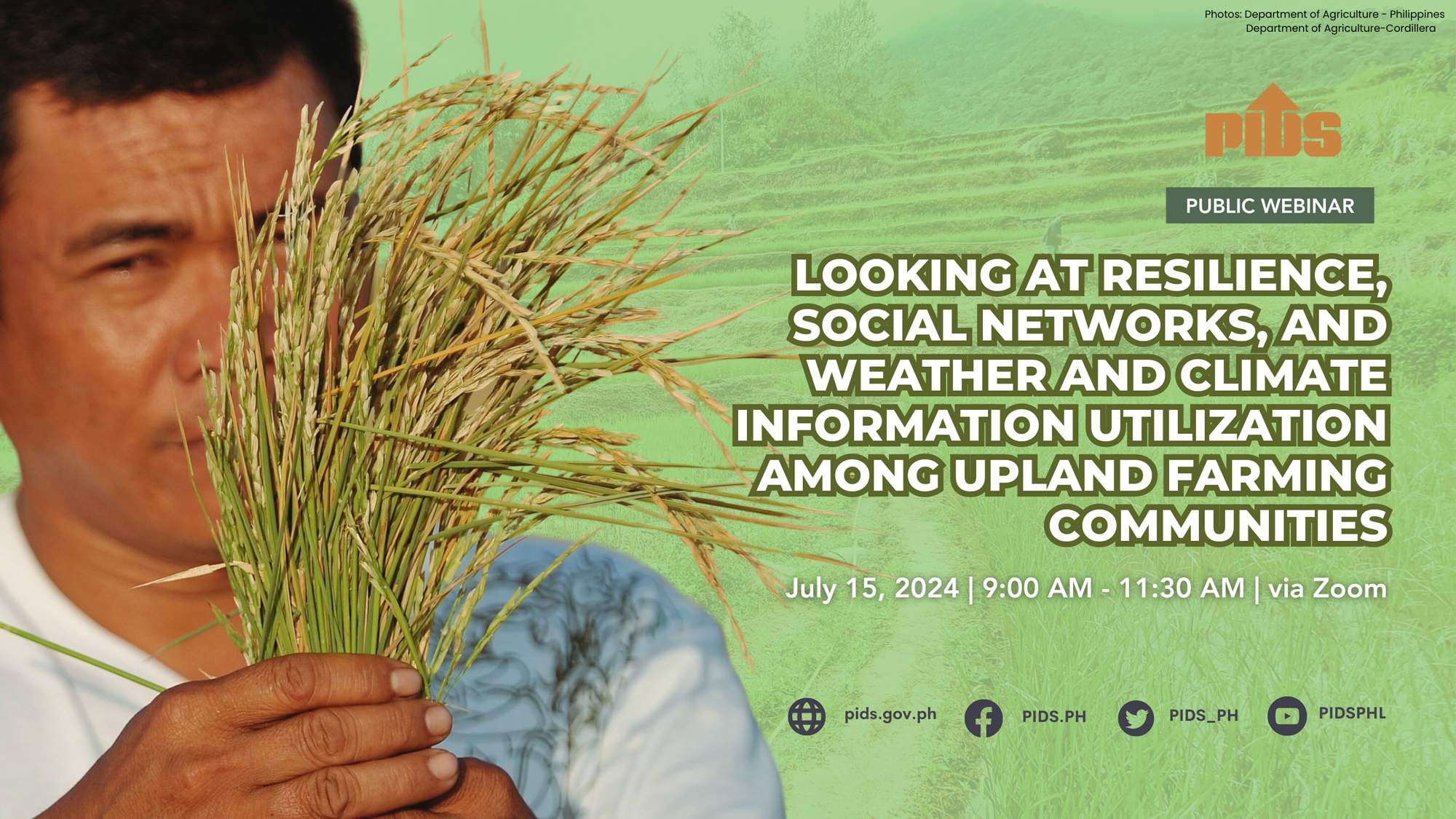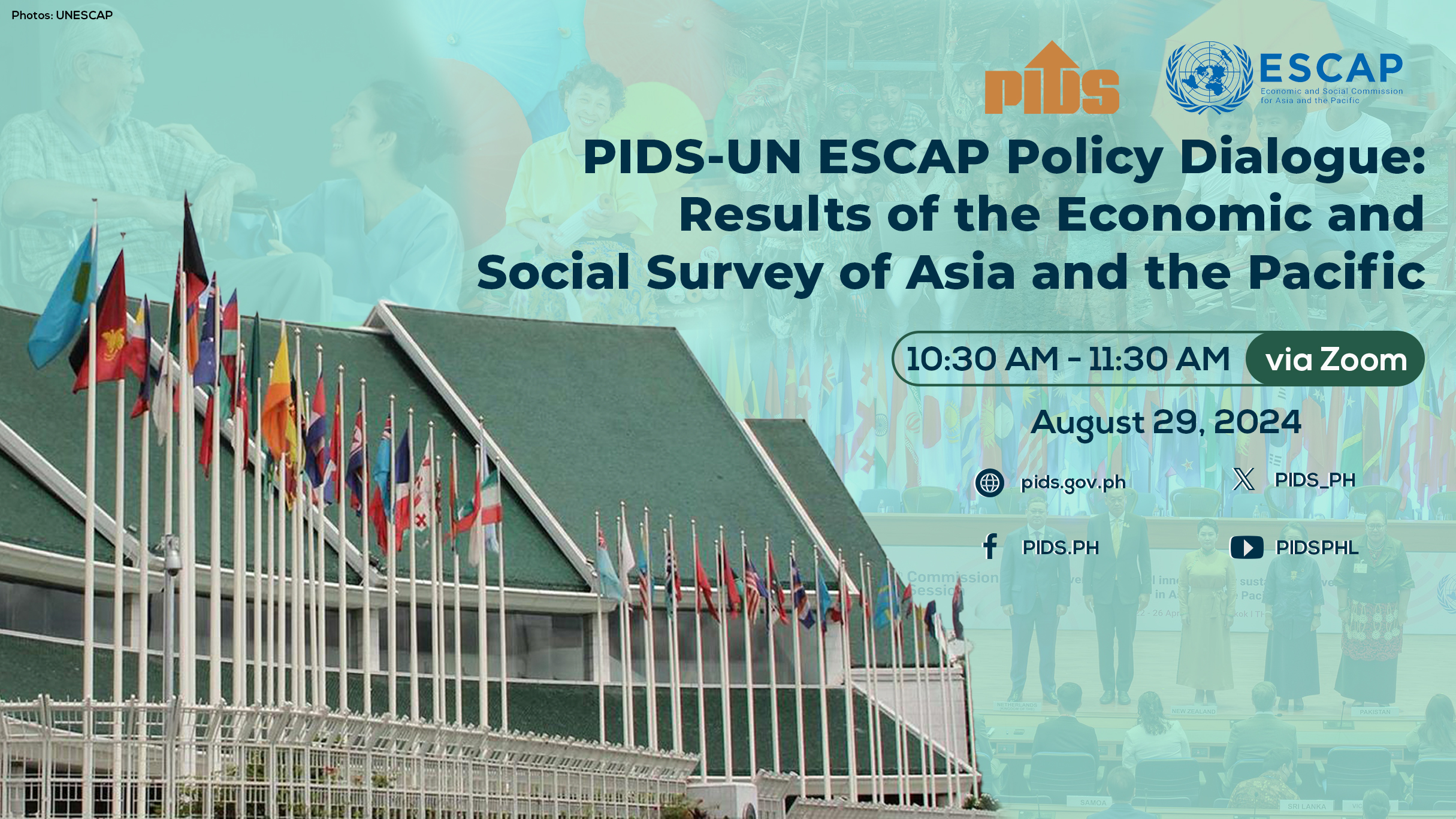Metro Manila (CNN Philippines, November 10) — Social media surveys are unreliable in studying voters' sentiment since not everyone has online access, an analyst told CNN Philippines.
"The problem with things on social media, not everyone is connected to the net. Not everybody even knows how to Google. You are not getting a good reading of the country. That's a coverage error," Dr. Jose Ramon "Toots" Albert of the Philippine Institute for Development Studies told Politics as Usual on Tuesday.
Albert said the public should instead trust probability surveys. He mentioned the Social Weather Stations and Pulse Asia as his trusted polling bodies due to their "very good" track records.
The analyst explained that polls should have protocols in selecting respondents who would represent a certain group of people throughout the country.
"When you're randomly (picking a) man on the street, the question there is how sure are you you're really doing something random? Or, you think it's random, but it's actually not," Albert said. "A survey is supposed to be a way by which you collect data on a target population."
"For instance, to a hospital - you don't need to extract all the blood to know if you're okay or not, just a blood sample would be good enough, provided that the sample is representative," he explained.
Some surveys can also allow a multitude of flaws that complicate the data. Examples of which are when respondents do not understand the question, or when the interviewer may be forcing them to answer a certain way, Albert added.
However, these polls may still play a key role in providing a sense of what could happen in the elections.
"If they're designed well, they can be able to give you a very good information on what you're trying to get a picture of...whether it's the economy, whether it's voter sentiment, poverty, hunger," Albert said. "We cannot always wait until election day to figure out who's going to win."
"The problem with things on social media, not everyone is connected to the net. Not everybody even knows how to Google. You are not getting a good reading of the country. That's a coverage error," Dr. Jose Ramon "Toots" Albert of the Philippine Institute for Development Studies told Politics as Usual on Tuesday.
Albert said the public should instead trust probability surveys. He mentioned the Social Weather Stations and Pulse Asia as his trusted polling bodies due to their "very good" track records.
The analyst explained that polls should have protocols in selecting respondents who would represent a certain group of people throughout the country.
"When you're randomly (picking a) man on the street, the question there is how sure are you you're really doing something random? Or, you think it's random, but it's actually not," Albert said. "A survey is supposed to be a way by which you collect data on a target population."
"For instance, to a hospital - you don't need to extract all the blood to know if you're okay or not, just a blood sample would be good enough, provided that the sample is representative," he explained.
Some surveys can also allow a multitude of flaws that complicate the data. Examples of which are when respondents do not understand the question, or when the interviewer may be forcing them to answer a certain way, Albert added.
However, these polls may still play a key role in providing a sense of what could happen in the elections.
"If they're designed well, they can be able to give you a very good information on what you're trying to get a picture of...whether it's the economy, whether it's voter sentiment, poverty, hunger," Albert said. "We cannot always wait until election day to figure out who's going to win."

